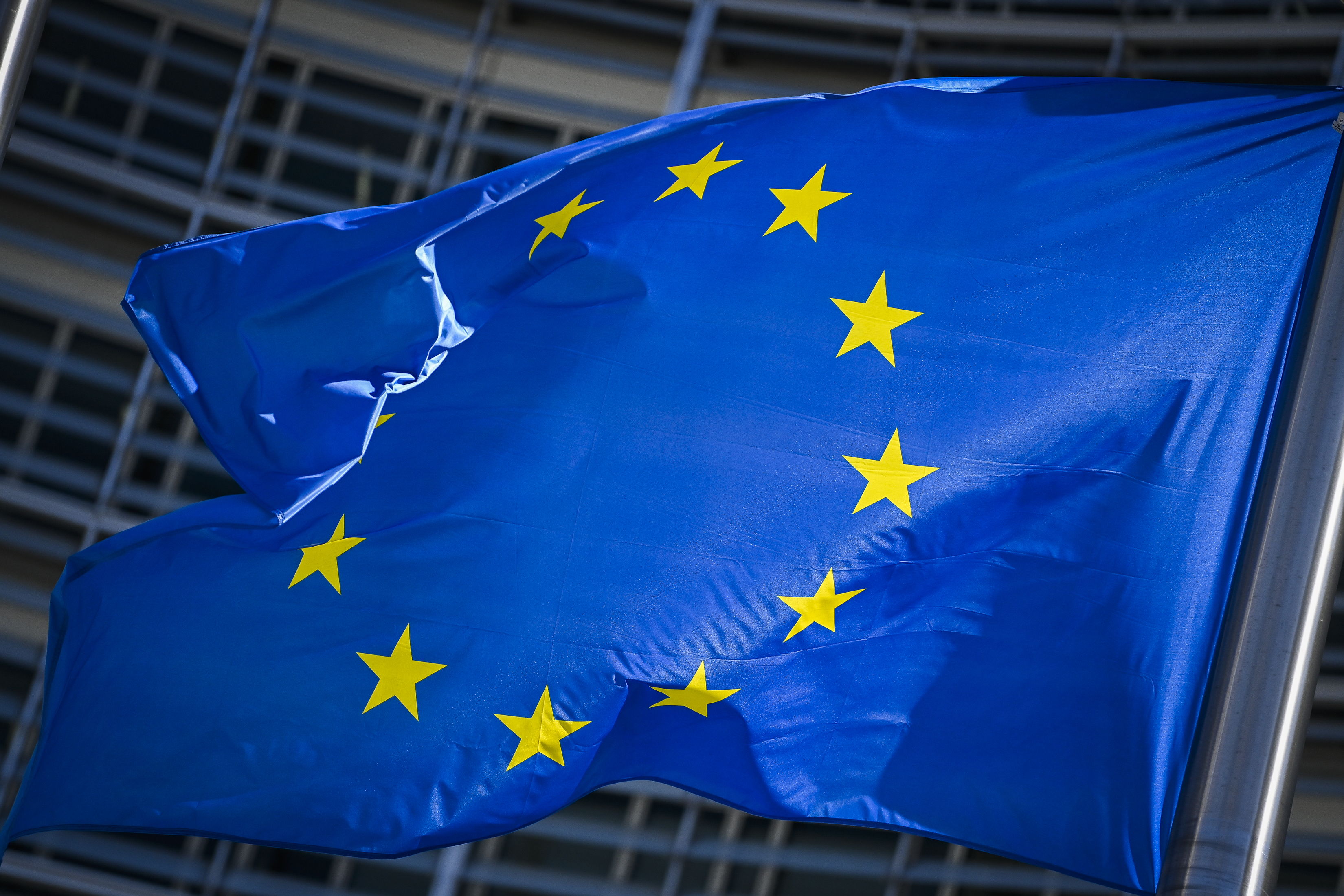European Commission wants to make debt reduction 'more realistic' for member states

The way EU member states facing high debt levels reduce those debt ratios needs to become more realistic, according to the European Commission.
On Wednesday, commissioners Valdis Dombrovskis and Paolo Gentiloni revealed how they intend to enforce European budget rules in the future. The standards of a maximum 3 percent deficit and a debt ratio of no more than 60 percent will not be touched, but EU countries should have more of a say in their debt reduction, they said.
The Commission proposes a four-year path for individual member states to structurally reduce their debt ratio. It will then be up to the member states themselves to flesh out that trajectory. If they back it up with reforms and investments that do not affect their debt sustainability, that path could be extended by up to three years.
This would put an end to the principle that countries with a debt ratio above 60 percent must reduce 1/20th of the part above that limit every year. It would also no longer explicitly require countries to fall below 60 percent at some point.
Financial sanctions for countries flouting debt and deficit rules will be made lighter, even though they were never applied until now. "Today's major sanctions have also been called an atomic bomb, but the thing about atomic bombs is that you don't want to use them." The prospect of reputational damage may be enough to spur countries into action.
With its announcement, the Commission wants to push the debate on compliance with the fiscal rules of the Stability and Growth Pact (SGP) in a decisive direction. It plans concrete, legislative proposals to ensure that the new policies can be applied from the preparation of the 2024 budgets.
Belgian Finance minister Vincent Van Peteghem is pleased with the news. "The Commission's proposal on [the Stability and Growth Pact] reform is a good basis for discussion. Long term debt sustainability requires a focus on ánd debt reduction, ánd investments, ánd reforms [sic]. Looking forward to constructive discussions with my colleagues," he tweeted.
(TOM)
© BELGA PHOTO LAURIE DIEFFEMBACQ